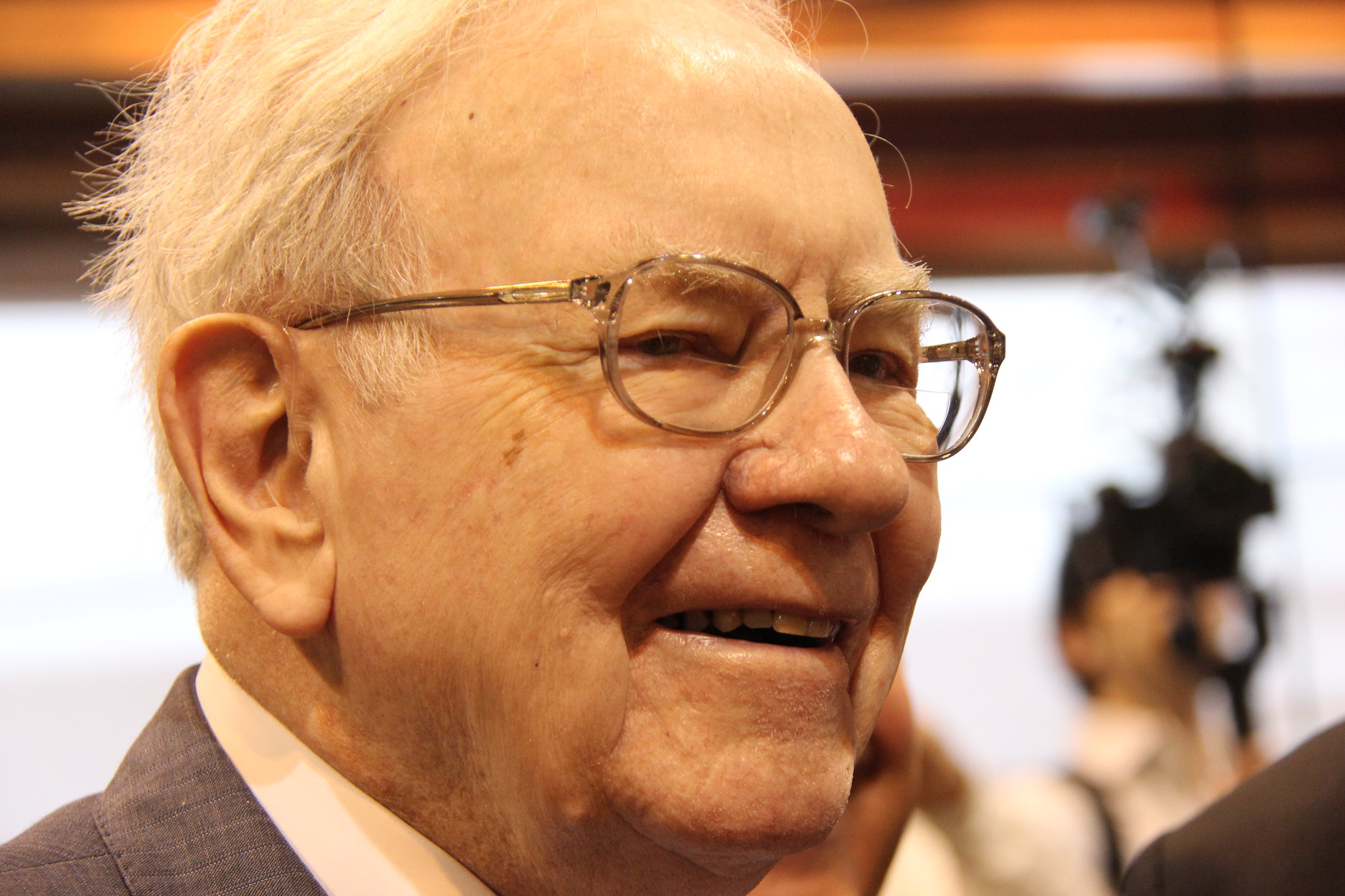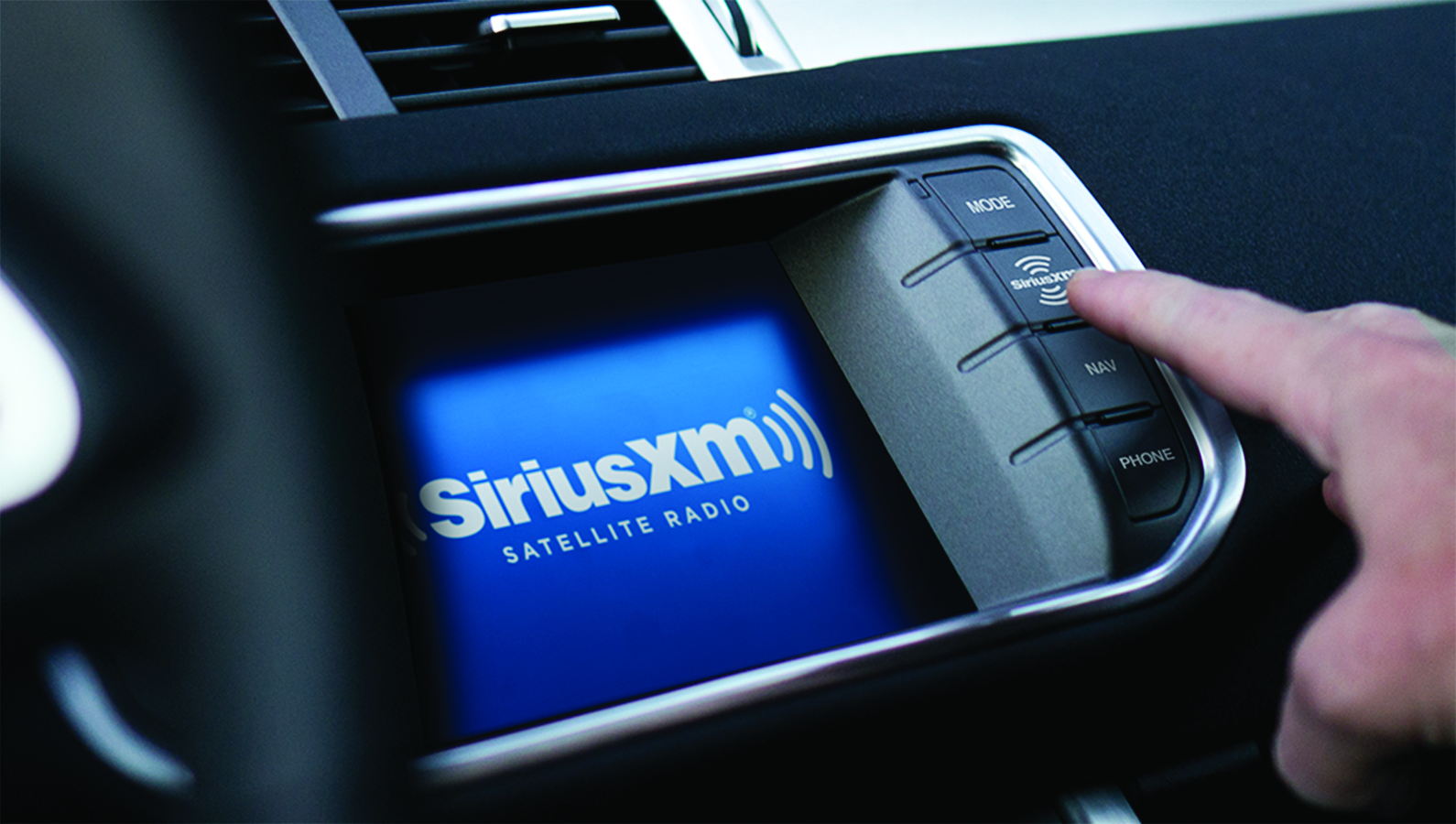For the better part of the last six decades, billionaire Warren Buffett has been lapping Wall Street's most-followed stock index, the S&P 500.
Including dividends, the benchmark S&P 500 has delivered an impressive cumulative total return of more than 45,100% over six decades. In comparison, Buffett's company, Berkshire Hathaway (NYSE: BRK.A)(NYSE: BRK.B), has produced an aggregate return of more than 5,960,000% spanning 60 years (based on the Class A shares, BRK.A).
But all good things must come to an end. In just two months, when 2025 comes to a close, so will the Oracle of Omaha's illustrious investing career. Buffett announced at Berkshire's annual shareholder meeting in May that he planned to retire from the CEO role at the end of the year and hand the reins over to predetermined successor Greg Abel.

Berkshire Hathaway CEO Warren Buffett. Image source: The Motley Fool.
When Abel does take over, he'll likely have a record or near-record treasure chest of capital to work with, and will be overseeing an investment portfolio that currently tops $310 billion in market value.
However, the Oracle of Omaha isn't going out with a whisper. Though he's been very selective with his purchasing activity over the last three years, there's one historically cheap legal monopoly that he can't stop buying.
There's one "Buffett investing rule" the Oracle of Omaha doesn't break
Lengthy books have been written detailing the characteristics Berkshire Hathaway's billionaire CEO seeks out when investing in or acquiring public companies. Some of these are pretty well-known, such as his desire to buy for the long-term. Buffett is also a huge fan of businesses with clear competitive advantages, strong management teams, and hearty capital-return programs (dividends and/or share buybacks).
From time to time, Buffett will move outside the boundaries of his unwritten rules.
For example, he piled into gaming company Activision Blizzard in 2022 as an arbitrage opportunity. Activision had a $95-per-share cash offer on the table from software giant Microsoft, and its shares were trading well below this offer due to regulatory concerns about the deal being completed. This represented a rare instance of Berkshire's boss thinking short-term.
Warren Buffett Indicator hits a new all-time high of 223%, the most expensive stock market valuation in history 🚨🚨 pic.twitter.com/p14CI3VXGu
-- Barchart (@Barchart) October 26, 2025
But the one investing trait Warren Buffett refuses to budge on is valuation. If the Oracle of Omaha doesn't feel as if he's getting a good deal, he's not deploying Berkshire Hathaway's capital, period!
Recently, the market-cap-to-GDP ratio, which has come to be known as the "Buffett Indicator," hit an all-time high when back-tested to 1970. This valuation tool, once lauded as "probably the best single measure of where valuations stand at any given moment" by Buffett in a rare interview with Fortune magazine in 2001, speaks to how difficult it is to find a good deal at the moment.
For 11 consecutive quarters (Oct. 1, 2022 – June 30, 2025), Warren Buffett has sold more stock than he's purchased, to the cumulative tune of $177.4 billion.
Yet there's one value stock he continues to buy.

Image source: Sirius XM.
Shares of this legal monopoly have consistently been on Warren Buffett's menu
Though Form 13F filings detailing third-quarter buying and selling activity for institutional investors with at least $100 million in assets under management aren't required to be filed until Nov. 14, Form 4 filings from Berkshire Hathaway have given investors insight as to what Berkshire's CEO has been up to.
Between July 31 and Aug. 4, Buffett scooped up 5,030,425 shares of satellite-radio operator Sirius XM Holdings (SIRI 1.23%) for an average of $21.16 per share, which works out to a total investment of nearly $106.5 million.
Buying Sirius XM stock has been a common occurrence for Berkshire's boss, with his company having built up a 128,807,117-share position that equates to more than 37% of Sirius XM's outstanding shares. This optimism is likely a reflection of Sirius XM's well-defined competitive advantages, as well as the value it offers amid a historically pricey stock market.
To begin with, Sirius XM is the only licensed satellite-radio operator. While not free of competition -- it's still fighting for listeners with terrestrial and online radio providers -- the company does possess a degree of subscription pricing power that most traditional radio providers lack. If Sirius XM wants to bolster its revenue, it can do so by hiking the monthly price of its satellite-radio service subscriptions.
But what's even more impressive than its moat as the only licensed satellite-radio operator is its revenue mix.

NASDAQ: SIRI
Key Data Points
For terrestrial and online radio providers, advertising accounts for the lion's share of revenue. Though ad-driven businesses benefit from disproportionately long periods of economic expansion, eventual downturns/recessions can weigh heavily on their operating model.
Sirius XM brought home less than 20% of its net sales from advertising (via Pandora) during the first-half of 2025. In comparison, almost 77% of net revenue traced back to subscriptions. When economic turbulence does arise, subscribers are far less likely to cancel their service than businesses are to meaningfully pare back their ad spending. This revenue mix sets Sirius XM up to succeed in virtually any economic climate.
Sirius XM has a pretty hearty capital-return program, as well. On top of modest share buybacks, the company is doling out a dividend that's supporting a 5% yield.
What likely ties everything together for the soon-to-be-retiring billionaire CEO of Berkshire Hathaway is its historically inexpensive valuation. Over the trailing-five-year period, Sirius XM stock has averaged a forward price-to-earnings (P/E) multiple of roughly 12.8. As of the closing bell on Oct. 24, shares could be purchased for a forward P/E ratio of just 7, representing a 45% discount to its trailing-five-year average.
While bargains are few and far between in an expensive stock market, billionaire Warren Buffett has found one stellar deal before he rides off into the sunset.